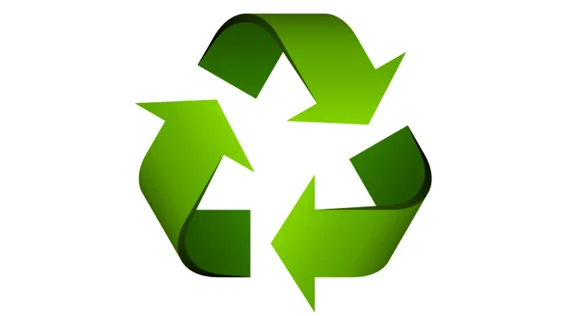
SEATTLE (Scrap Monster): Kiambu, Kenya-based Alternative Energy Systems Ltd (AESL) has unveiled a new recycling technology that makes use of plastic waste to generate alternative sources of fuel. The recycling plant is expected to process nearly 12 tonnes of waste plastic every day to generate usable forms of energy as pyrolysis oil and carbon black. The initiative is part of its association with the County Government of Kiambu to develop solid waste management strategy to eradicate plastic waste in the country.
The venture is supported by Kenya Industrial Research and Development Institute (KIRDI). Nearly 46% of the project’s funding came from the Industrial and Commercial Development Corporation (ICDC), which were mainly used in construction of factory buildings and purchase and installation of machinery. Rajesh Kent, CEO, AESL noted that the breakthrough technology will transform the way plastic is handled in Kenya. He expressed the hope that Kenya will turn out to become a benchmark for processing of plastic waste in the entire African continent. Sources indicate that the test runs for machinery are already underway before the official commissioning of the plant.
The plant is expected to create nearly 1,500 indirect and almost 65 direct jobs in the area. In addition to generating employment, the recycling plant is expected to deliver positive results in reducing plastic pollution and producing efficient charcoal substitute from carbon black.
The plant takes plastic waste as input and heats them under controlled conditions. It employs pyrolysis technology which is used to break larger molecular polymers into smaller molecules in the presence of heat. As a result of pyrolysis, the plastics are broken down into smaller molecules of pyrolysis oil, pyrolysis gas and carbon black. Pyrolysis oil makes up 70-90% of the output and is widely used as a substitute for various grades of diesel used in equipment including power plants, industrial furnaces and boilers. Carbon black constitutes almost 8% of the process output.
The recycling plant uses pelleting machines to generate carbon black pellets which can be used as substitute for alternatives in solid fuel market including charcoal, agro residue and wood. Research has shown that carbon black is more efficient as its calorific value is almost three times that of charcoal. Also, carbon black can be used for heating and in devices like stoves.
AESL’s recycling plant will be able to process a wide range of waste materials including municipal solid waste sorted out plastic, packaging plastic waste, post-consumer plastic waste, paper recycling mill paper waste, crude oil sludge and mixed plastics such as HDPE, PVC, LDPE, PP and PS.
As per estimates provided by the Green Belt Movement, Kenya consumes more than 24 million plastic bags every month. Nearly 50% of these bags end up in solid waste streams, thereby posing serious threat to waste management. In Nairobi and Kiambu counties alone, an estimated 2,500 tonnes of waste is generated every day, 11% of which is plastic. As per forecasts, the waste production levels are likely to surge to newer heights in the near future.
| Copper Scrap View All | |
| Alternator | 0.31 (0) |
| #1 Copper Bare Bright | 3.65 (0.02) |
| Aluminum Scrap View All | |
| 356 Aluminum Wheels (Clean) | 0.71 (-0.01) |
| 6061 Extrusions | 0.62 (-0.01) |
| Steel Scrap View All | |
| #1 Bundle | 475.00 (0) |
| #1 Busheling | 495.00 (0) |
| Electronics Scrap View All | |